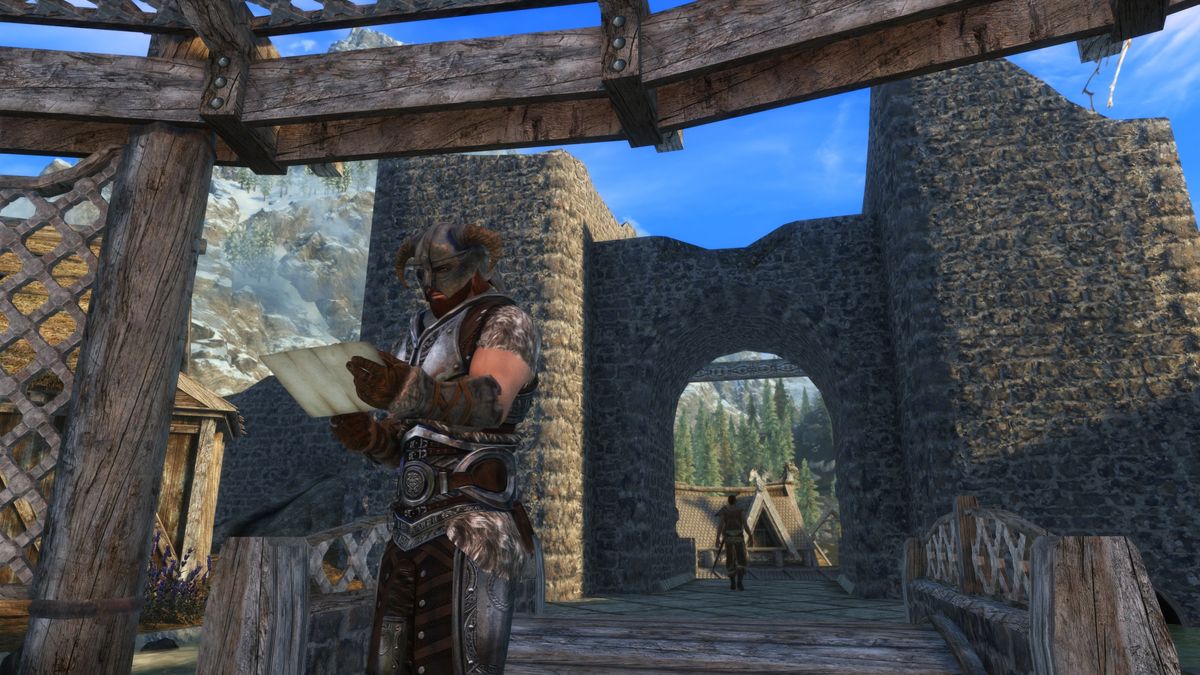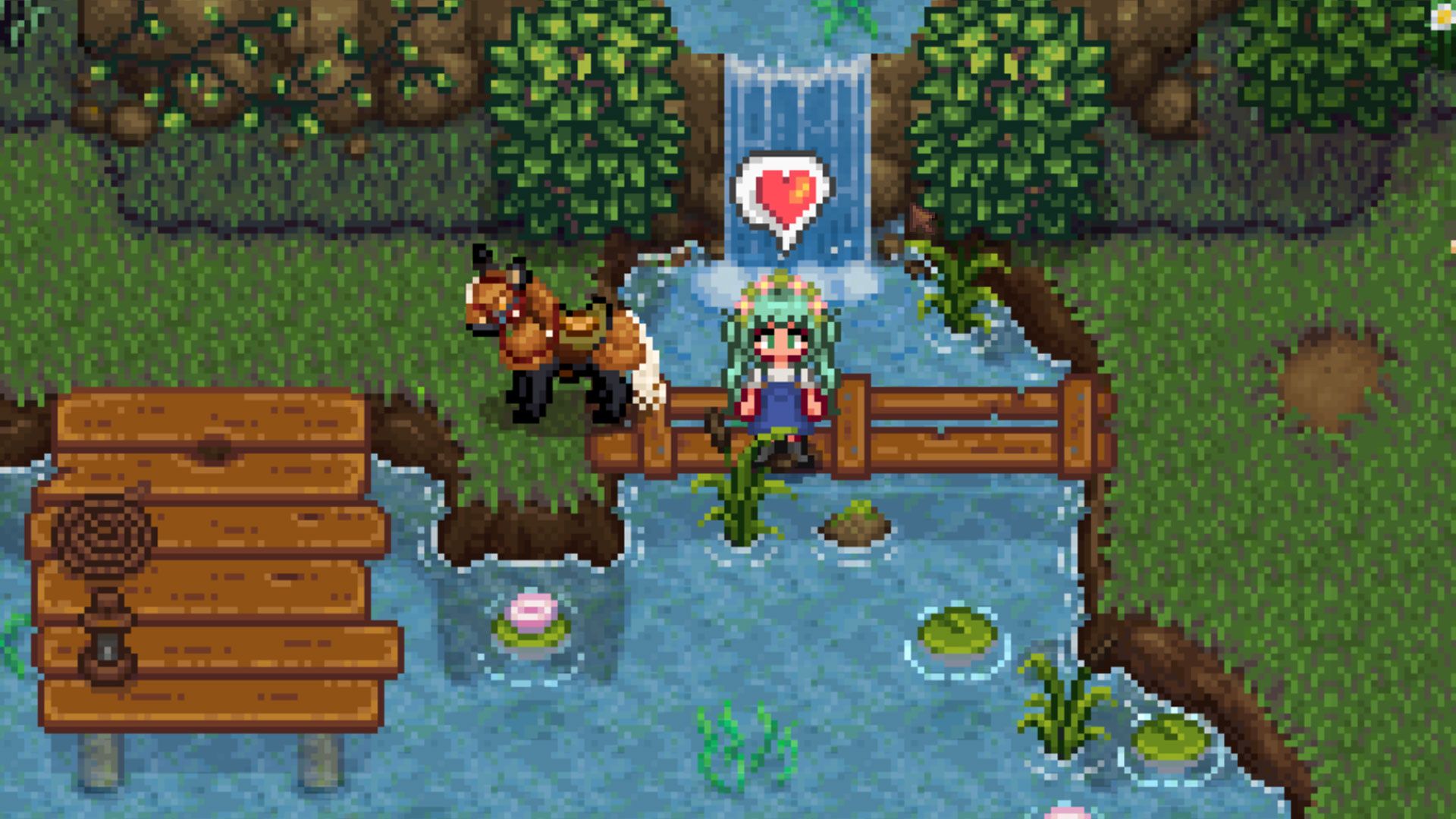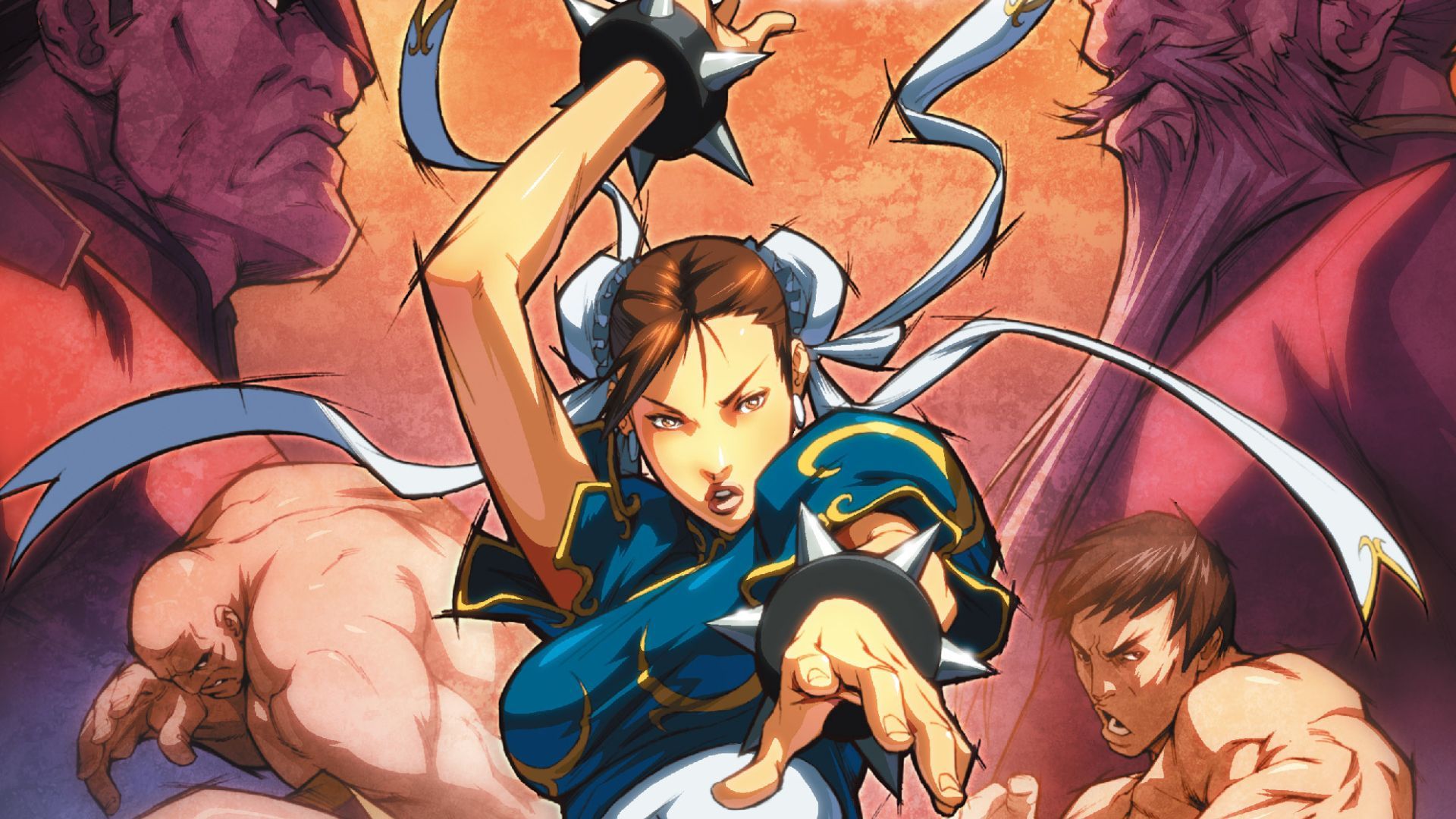Why I Love
This article first appeared in PC Gamer magazine issue 373 in September 2022, as part of our ‘Why I Love’ series. Every month we talk about our favourite characters, mechanics, moments, and concepts in games—and explain why we adore them so much.
I’ve always been convinced that the best part of game development must be getting to write RPG flavour text. It’s where RPG scribes can get weird or scratch a particular writing itch without the pressure that comes from fitting it into the main story, even if most of it ends up just falling into the nebulous category of ‘lore’.
Whatever it is, I lap it up. There’s just something extremely decadent about this kind of flavour text. It’s all so unnecessary, but developers like Bethesda and Obsidian still dedicate what must be a not-insignificant amount of time and resources into what, let’s face it, a substantial number of players aren’t going to bother reading. It’s a little treat. Like I’m having a wee nibble on some sweets I have secreted away between courses at a fancy restaurant.
And I know, when I’m snacking on this, that I’m lucky, because a lot of developers don’t have the luxury to litter their worlds with so much ancillary stuff. Even the ones that are dense with lore don’t typically turn that lore into a library’s worth of books spanning nearly every genre imaginable. But for those that do, I’m eternally grateful.
Homework
Even when they end up being stuffy historical accounts, I appreciate the hint of that larger world that they provide. Sure, a lot of that stuff ends up being boilerplate fantasy nonsense with a bunch of unfamiliar names and a list of rote deeds, but even the less-than-evocative ones can contain a nugget of information that gives us a slightly better understanding of the digital universe we find ourselves temporarily inhabiting.
I appreciate the hint of that larger world that they provide.
An author you’ve never heard of recounting a fictional battle that happened hundreds of years ago is probably not going to have much bearing on the quest you’re on, but it might explain old grudges still present today, or offer some insights into cultures involved in the fight, which in turn could inform you about what they’re like now. Or it might just be a rollicking yarn that offers a diversion between quests.
Now, if you just learn that Barry the Orc fought Leonard the Elf in the fields of Gloomheim in the year 678, that’s not going to mean anything, and that kind of worldbuilding we could probably do with a lot less of—but books inspire a little bit more effort. You’ve got to make that lore fit the structure of a novel or a collection of songs. Books demand more consideration. But they also provide more sources of inspiration. With all these different genres and formats to play with, suddenly a dry story about a famous sword could become a romantic epic or a tragedy that plays out across the stanzas of a poem.
Bookwyrm
The Elder Scrolls stands out as the best example of this, even using skill book to tell short stories. The volume is impressive, but games like Skyrim also benefit from the series’ legacy. There are books that crop up in multiple iterations, and while probably the biggest reason for this is that it’s efficient and reduces the amount of time and money that would need to be invested in the development of all this flavour text, the result is a world that feels so much more tangible and permanent.
Recycling books this way also makes me feel less guilty about enjoying this treat, because while I’m nibbling away I do get a bit worried that what I’m reading is the product of crunch or tyrannical management.
Anyway! I’m playing Skyrim once again, with a new modlist (which contains some nice 4K book covers) so I should probably get back to reading. My inventory is laden with stories. There are no e-readers in Tamriel, so I carry my library on my back. It’s probably time to buy a house, but they’re pricey, and surprisingly enough feverishly collecting every book you can get your hands on does not give you many opportunities to get rich.





